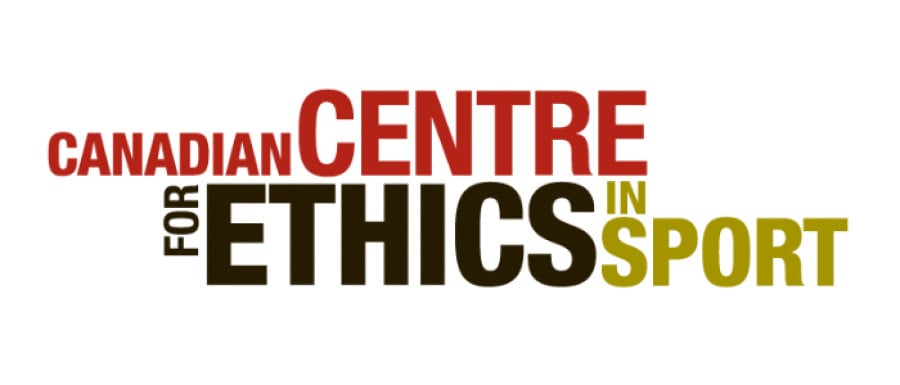Athletics athlete determined to be at No Fault or Negligence for presence in sample
Press Release
This article is written in English with a French translation underneath.
6 October 2016 – The Canadian Centre for Ethics in Sport (CCES) announced today that Shawnacy Barber, an athletics athlete, was determined to be at No fault or Negligence for an anti-doping rule violation. The athlete’s urine sample, collected during in-competition doping control on July 9, 2016, revealed the presence of cocaine.
In response to the CCES’ notification of the adverse analytical finding, Mr. Barber promptly admitted the anti-doping rule violation and a hearing was held to determine the appropriate sanction. Arbitrator Dumoulin determined that the athlete was able to successfully establish that he was at No Fault or Negligence; therefore, the otherwise applicable period of ineligibility for the violation was eliminated.
A copy of the full decision can be found at www.crdsc-sdrcc.ca.
The CCES is an independent, national, not-for profit organization with a responsibility to administer the Canadian Anti-Doping Program. Under the CADP rules, the CCES announces publicly every anti-doping rule violation. We recognize that true sport can make a great difference for individuals, communities and our country. We are committed to working collaboratively to activate a values-based and principle-driven sport system; protecting the integrity of sport from the negative forces of doping and other unethical threats; and advocating for sport that is fair, safe and open to everyone.
Un athlète d’athlétisme n’a pas commis de faute ou de négligence
6 octobre 2016 – Le Centre canadien pour l’éthique dans le sport (CCES) a annoncé aujourd’hui que Shawnacy Barber, un athlète d’athlétisme, a été reconnu non coupable d’avoir commis une faute ou une négligence concernant la violation d’une règle antidopage. L’échantillon d’urine de l’athlète prélevé pendant un contrôle du dopage en compétition le 9 juillet 2016 a révélé la présence de cocaïne.
En réponse à l’avis du CCES selon lequel l’échantillon aurait révélé la présence d’une substance interdite, Shawnacy Barber a admis avoir violé une règle antidopage, et une audience a été tenue pour déterminer la sanction appropriée à imposer. L’arbitre Dumoulin a déterminé que l’athlète avait été capable de prouver qu’il n’avait pas commis de faute ou de négligence. Par conséquent, l’athlète n’est plus suspendu.
Vous trouverez une copie de la décision complète au www.crdsc-sdrcc.ca.
Le Centre canadien pour l’éthique dans le sport est l’organisme national indépendant et à but non lucratif responsable de l’administration du Programme canadien antidopage. En vertu des règles du PCA, le CCES est tenu de rendre publique toute violation aux règles antidopage. Nous reconnaissons que le sport sain peut faire une grande différence pour les individus, les collectivités et notre pays. Nous avons pris l’engagement de travailler en collaboration avec d’autres organismes à promouvoir un système de sport basé sur des valeurs et animé par des principes, à protéger l’intégrité du sport des forces négatives du dopage et d’autres menaces non éthiques et à défendre le sport juste, sécuritaire et ouvert à tous.




